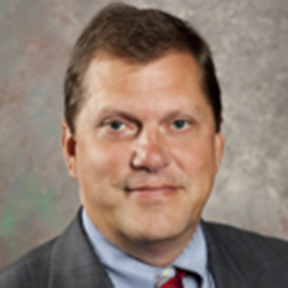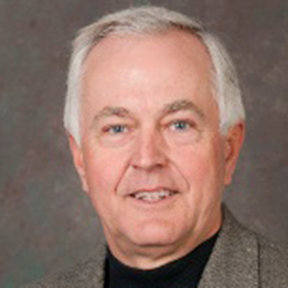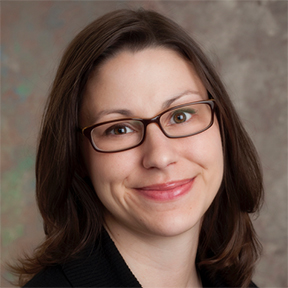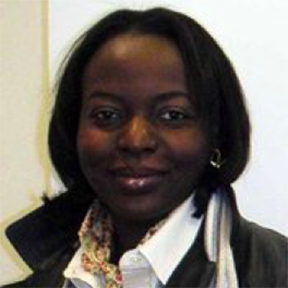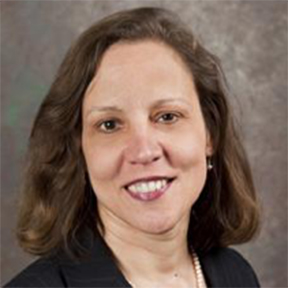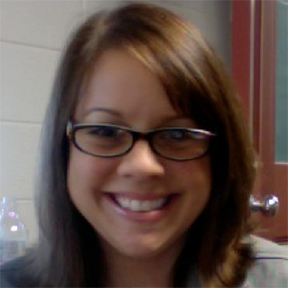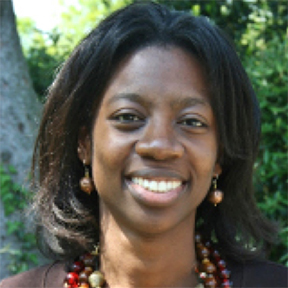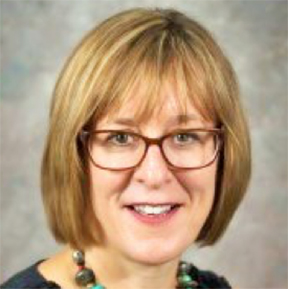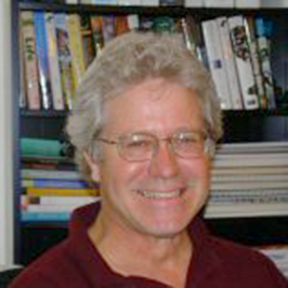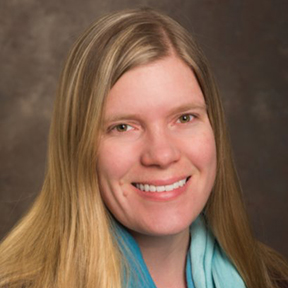Maintaining Institutional Momentum for Teaching Transformation
Date: January 6
Time: 8:30 – 9:30 a.m.
Location: Rodney Room, Perkins Student Center
Description: Physics Professor and Dean George Watson has been a leader of efforts to transform undergraduate instruction at UD since the early 1990s. He will speak about the challenges of maintaining momentum within classes and schools that hope to replace passive listening with active learning on the part of students.
George Watson, Dean, College of Arts & Sciences
Watson is the founding director of the Institute for Transforming Undergraduate Education, created at UD in 1997 with an NSF Institution-Wide Reform grant to promote transformation of undergraduate education through faculty development and course design. In 2001, Watson and the ITUE team launched the PBL Clearinghouse. In 2004, he co-founded the Pan-American Network for Problem-Based Learning. His work on engagement of students in their learning and transformation of undergraduate curricula has taken him to 20 countries for work with institutions of higher education and more than 30 institutions across the United States.
Watson’s two most recent course developments were a science and technology literacy course for non-science majors and an introductory electrical engineering course for sophomore mechanical engineering majors. His commitment to undergraduate education has been recognized with several teaching awards, including Outstanding Teacher in the College of Arts and Sciences in 2000 and Delaware Professor of the Year in 1998. Since 2010, Watson has served as Dean of the College of Arts & Sciences at the University of Delaware.

